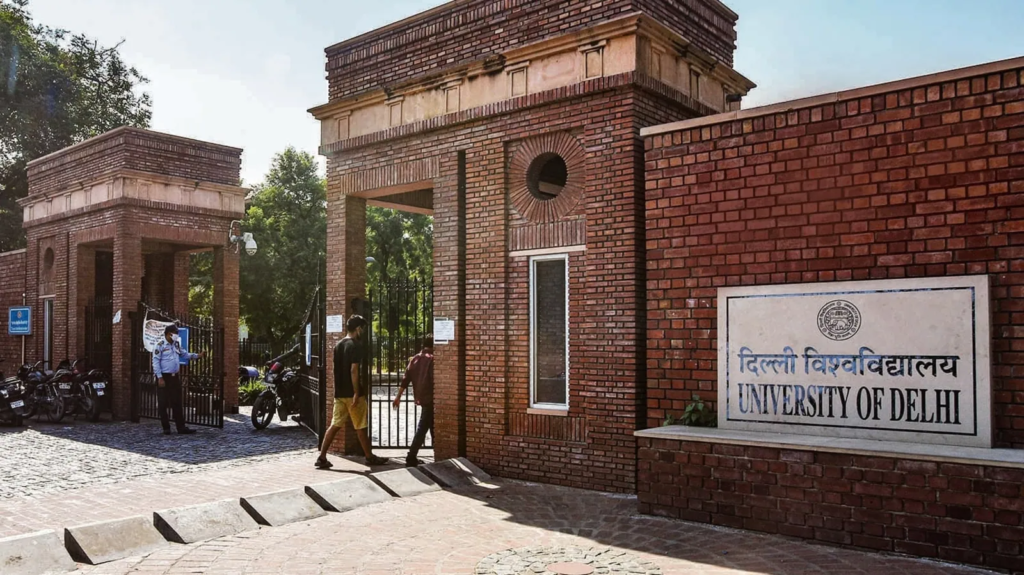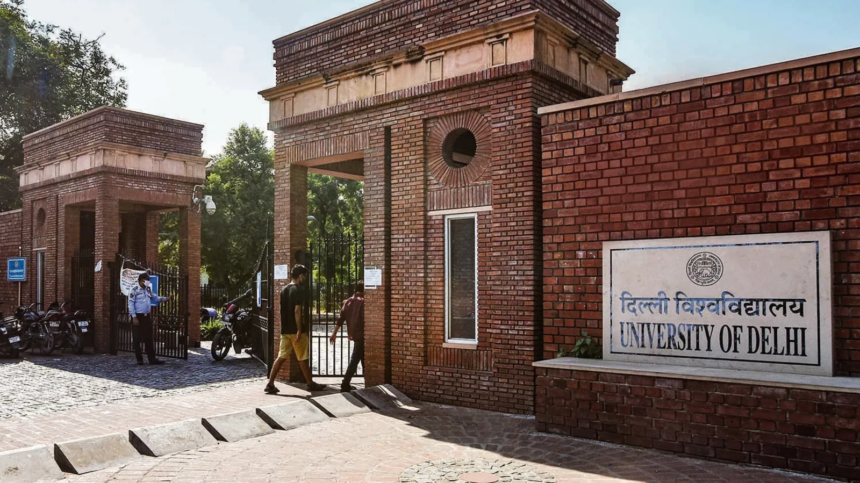
Delhi University, renowned for its rich academic heritage, is set to embark on a new journey in engineering education with the introduction of three BTech programs. The university’s Faculty of Technology will offer BTech courses in Computer Science and Engineering, Electronics and Communication Engineering, and Electrical Engineering. This significant development comes as the university seeks to diversify its academic offerings and meet the growing demand for technical education in the country.
Expansion into Engineering Education:
Delhi University’s decision to introduce BTech programs marks a strategic expansion beyond its traditional focus on arts and sciences. The university recognized the need to adapt to the changing educational landscape and provide students with opportunities in emerging fields. Through these programs, Delhi University aims to foster technological innovation, nurture engineering talent, and contribute to India’s knowledge-driven economy.
Approval and Implementation:
The Ministry of Education granted approval for the introduction of the new programs in April, signaling a crucial milestone in Delhi University’s pursuit of engineering education excellence. The university’s Executive Council is set to review a proposal outlining the program details and admission procedures. It is expected that admission to the BTech programs will be based on the Joint Entrance Examination (JEE Mains) scores, ensuring a fair and merit-based selection process.
Curriculum and Focus Areas:
The BTech programs at Delhi University will be carefully crafted to offer a comprehensive blend of theoretical knowledge and practical skills. The curriculum will emphasize the major subject area of study, with a minimum of 50% weightage, ensuring a strong foundation in the core discipline. The remaining weightage will be assigned to minor subject areas, enabling students to gain interdisciplinary knowledge and develop a holistic understanding of engineering principles.
Flexibility and National Education Policy:
In line with the National Education Policy, the BTech programs will provide students with multiple exit options based on their academic achievements. Upon completion of one year of study and the necessary credits, students will receive a certificate. Those who complete two years of study will be awarded a diploma, while an advanced diploma will be conferred upon successful completion of three years. Students who fulfill the requirements of the four-year program will be awarded a BTech degree.
Infrastructure and Logistics:
Delhi University has submitted a proposal to the Union Ministry of Education for the construction of dedicated infrastructure for the Faculty of Technology. While awaiting the necessary approvals, the university will make adequate arrangements for classrooms and laboratories to ensure a conducive learning environment. The strategic placement of the departments of Computer Engineering, Electronics and Communication Engineering, and Electrical Engineering on the North Campus will facilitate logistic support and foster collaboration with other faculties and departments.
Delhi University’s foray into engineering education through the introduction of BTech programs reflects its commitment to evolving with the changing educational landscape. By diversifying its offerings, the university aims to provide students with opportunities to excel in technology-driven fields and contribute to India’s economic growth. As the programs commence from the upcoming academic session, Delhi University is poised to make a significant impact in the field of engineering education and produce skilled professionals who will shape the future of technology in India.







